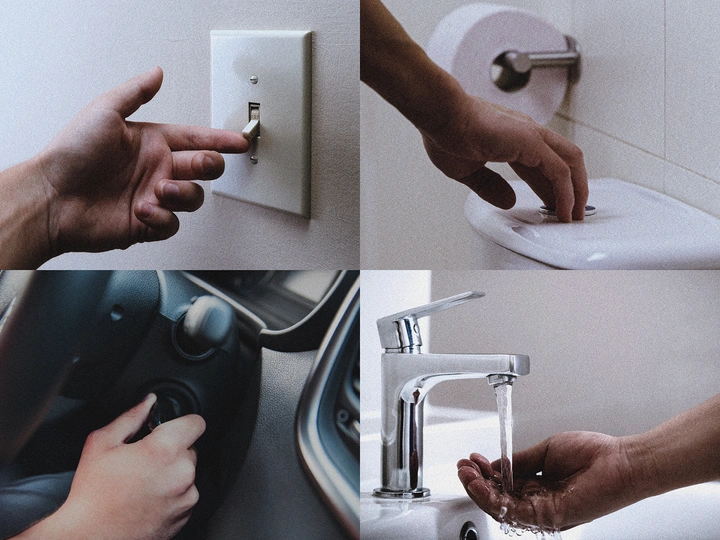Instruments of Alienation

Philip Ryan
Nocht Studio, founded by Martin McGloin and Philip Ryan, is an interdisciplinary practice merging architecture, visual arts, and social inquiry. Both Martin and Philip hold a Bachelor of Architecture, from Dublin School of Architecture now TU Dublin, and have extensive experience in critically engaged spatial practices. Nocht’s work focuses on how invisible or overlooked systems shape our perceptions of time, agency, and participation, with projects including:
Shift Cltr – a multi-year exploration of the impact of shift work on civic engagement and temporal dislocation;
Narcissus Studies – interactive sculptural studies on technology, selfhood, and digital alienation;
Random – an research-led project critiquing algorithmic extraction and gambling culture through co-creation with lived experience experts;
The Seed Pavilion – a finalist project for the 2025 New European Bauhaus Prizes, exploring circular design and community-based ecological stewardship;
Nocht Studio has received multiple awards and funding from the Arts Council of Ireland, Creative Ireland, and Create, and has been selected for the 2025–2028 IN SITU Platform, a European network supporting artistic creation in public space. These achievements reflect an ongoing commitment to socially responsive, materially sensitive, and critically situated practice.
“Instruments of Alienation” critically examines how mundane objects, such as taps, switches, toilets, clocks, and digital interfaces, mediate our detachment from broader social, ecological and infrastructural impacts. Inspired by Timothy Morton’s Dark Ecology and the uncanniness of scaled agency, this project transforms routine interactions into speculative spatial interventions, exposing the systemic absurdity of everyday actions and their amplified ecological consequences.
Through object-based works, animated installations, immersive video pieces, and sonic compositions, the project dramatises the paradox of insignificant individual gestures versus their collective social impact and environmental destruction. Each intervention explores the implicit spatial and social relationships embedded within common objects, questioning the infrastructural and ethical dimensions of everyday life.
The project also includes opportunities for participatory engagements, such as “Mapping Alienation” inviting public co-authorship through collaborative mapping workshops, fostering a critical spatial dialogue on systemic alienation and ecological responsibility. “Instruments of Alienation” proposes a speculative yet practically grounded critique that bridges immediate sensory experiences with larger spatial and systemic discussions, utilising spatial and curatorial methodologies to examine urgent planetary challenges.